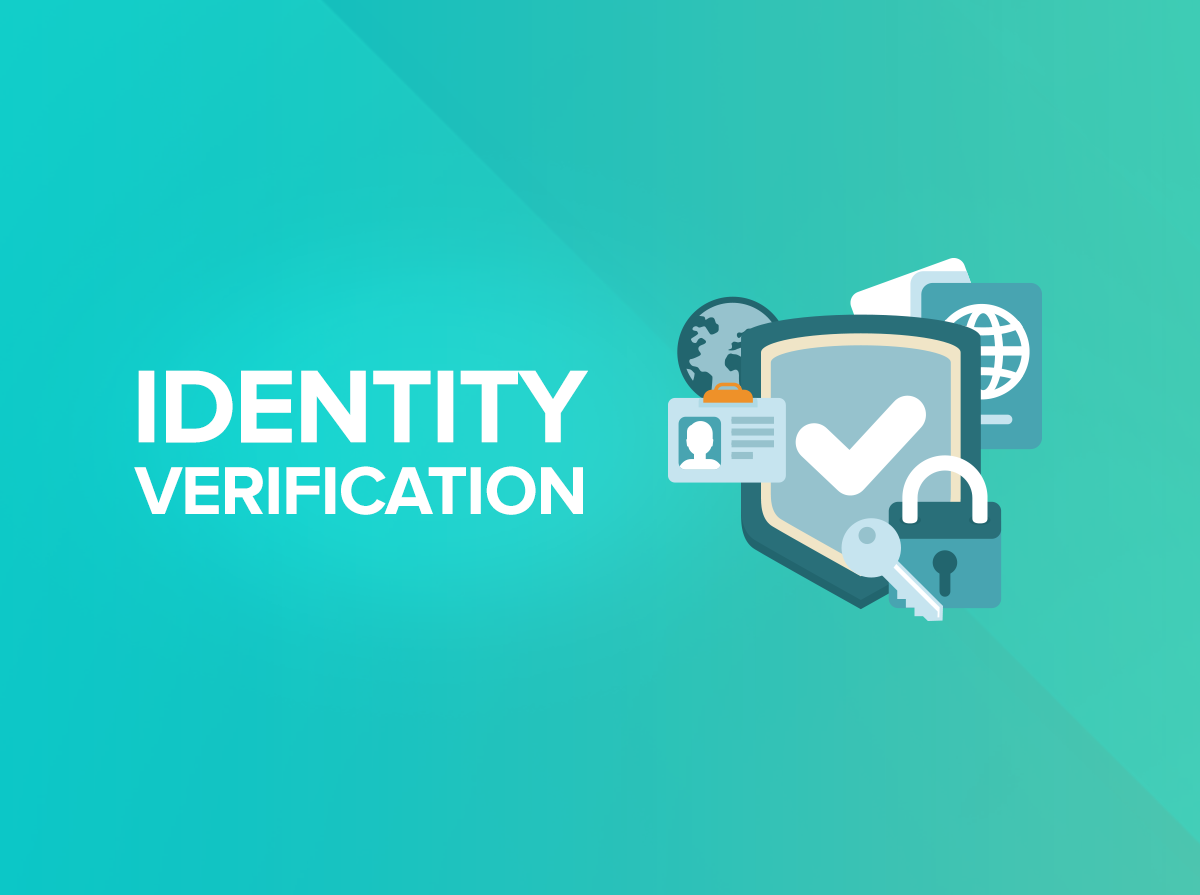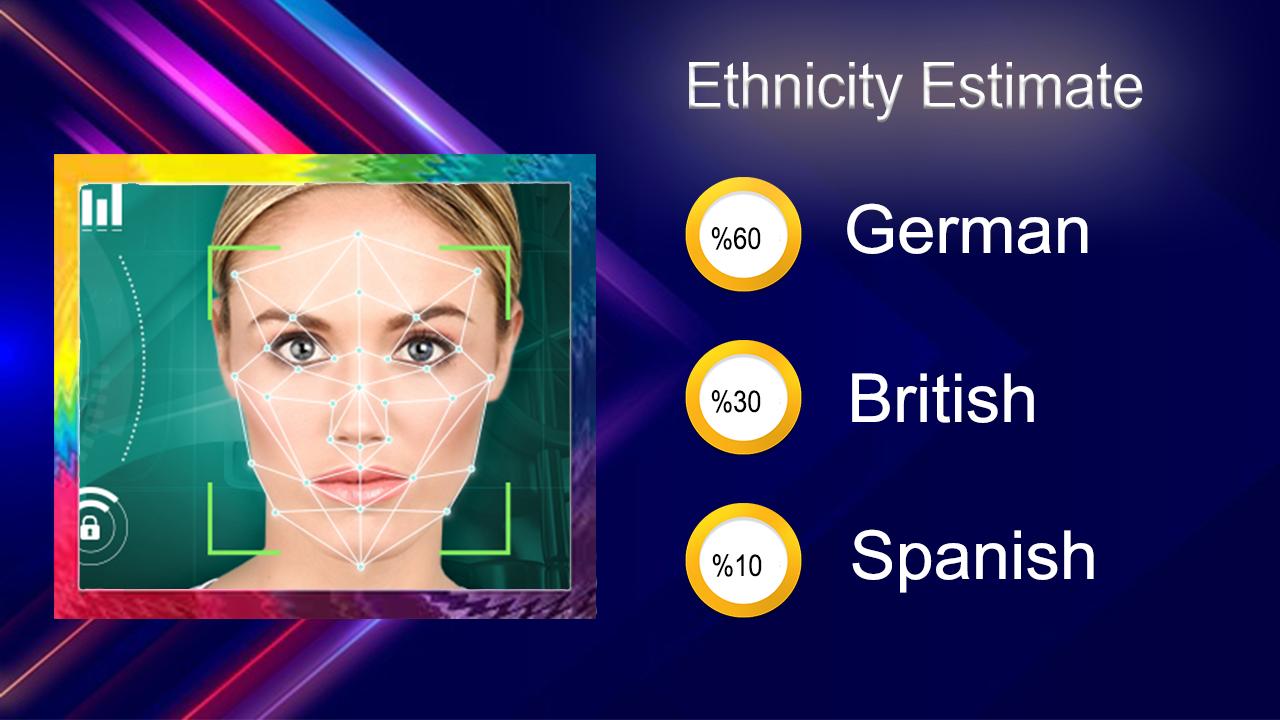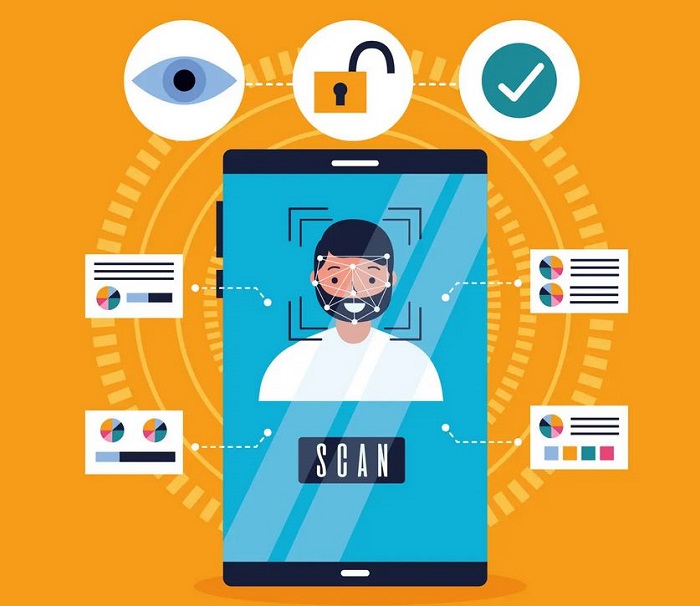Digital operations are the latest trend in business culture today. The virtual business world is the present and the future. Many essential business factors and aspects have become more critical than ever before. Identity verification service is not any different. There’s a reason why it witnessed a drastic surge in demand in 2023. Before we talk about what is identity verification, let’s take a look at some background.
When the Covid-19 pandemic hit the world in 2020, everything started happening through digital media. With more business operations occurring online, frauds also peaked simultaneously. Identity Verification is a must because Identity Fraud has a High record, Data Privacy and Security is a Major Concern, Credential Stuffing – The New Cyberattack, Ethnicity, and Face Recognition.
But the identity verification experts got hold of the situation rather quickly and reinforced security measures. The result is that it has become more firm and assertive. While reading this article, the identity verification market has already crossed the $7 billion mark. This mark is expected to cross $18 billion by the end of 2027. Given that every business needs to go online for maximum outreach, you must take identity verification seriously. Online fraud can lead to hefty penalties and diminish your brand image among your audience. To avoid all this, you must amp up your identity verification methods to always ensure a safe business.
Table of Contents
What is Identity Verification?
Identity verification service is a set of methods that verify the identity of customers and clients over digital media. Identity checks through e-KYC is a faster and more streamlined process that verifies many customers’ identities.

It includes face recognition and entering other customer details to create a detailed and robust data record of customers. With e-KYC, customer onboarding becomes fast, hassle-free, and secure.
Why Is It A Must in 2023?
Online platforms have become an important part of digital business. It has become even more essential since the Covid-19 outbreak.
Let’s look at the top reasons that make online identity verification an absolute necessity in 2023.
Identity Frauds at a Record High
Gone are the days of fake social security numbers. Technology has moved ahead by leaps and bounds now.
As mentioned before, 2020 was a year that became a nightmare for many and a growth opportunity for others. With more businesses going online, malicious elements of the internet found more opportunities to steal, hack, phish, and fraud.
Digital robbery is a dire concern, along with identity theft. If identity fraud is not kept in check, trillions of dollars will be lost, which is unsuitable for anyone apart from criminals.
Technology doesn’t help business owners and the security industry alone; it has also helped fraudsters greatly. Take artificial intelligence, for example. From forged signatures to photoshopped images, things have advanced that synthetic identities are created to commit every possible crime on the internet.
A wise man once said, “Diamond cuts diamonds,” and keeping true to that, identity verification must also be more well-built to control the threat.
Data Privacy and Security a Major Concern
It all started with the General Data Protection Regulation (GDPR) that came into effect in 2018. Any business dealing with the European Union’s citizens, directly or indirectly, has to follow the GDPR.
Once GDPR came into effect, California’s Privacy Rights and Enforcement Act of 2020 came into effect, too. They prioritize data privacy and security over the business and everything else. What is standard between GDPR and California’s Privacy Rights and Enforcement Act of 2020?
Data security is a crucial concern; no citizen wants their data to be accessible without their consent. If a business cannot secure its customer data, it will face legal action. It will also hamper the business’s brand image, showing that it doesn’t care about its customers’ data security.
On top of that, the business will also lose money. Nobody walks out happy from such a situation. Opting for identity verification services is vital to ensure customer data is safe.
Credential Stuffing – The New Cyberattack
You must have recently heard of the term “credential stuffing” in the digital landscape. Keyword stuffing is wrong in digital marketing, and credential stuffing is malpractice to access user accounts fraudulently.

Credential stuffing is the process of entering sets of usernames and passwords to get entry into user accounts. In 2020, 36 billion user accounts were breached. Such massive data breaches are a clear sign that you should not take identity verification lightly in any condition.
Ethnicity and Face Recognition
AI-powered facial recognition software has limited capability. As the world becomes local on the internet, the reality is that people of different races look different. They are not tuned to recognize faces from all races.

So, if your client is of varying ethnicity and lives in another country, it may be hard for you to verify their identity.
FAQS
How does identity verification work?
Identity verification works by involving collecting and validating personal information. This can include verifying documents, conducting background checks, matching biometric data, or using knowledge-base questions. Advance technologies such as artificial intelligence and machine learning may also be employ to enhance the accuracy and efficiency of the verification process.
What information is typically required for identity verification?
The information require for identity verification varies depending on the purpose and level of verification. Commonly request information includes full name, date of birth, address, social security number, or government-issued identification numbers.
Is identity verification secure?
Identity verification processes aim to ensure security by utilizing encryption, secure data storage, and adherence to privacy regulations. Trusted sources and databases validate personal information, and strict access controls are implement to protect sensitive data. However, individuals must be cautious and only provide personal information to reputable and trusted entities.
Can identity verification be done online?
Yes, identity verification can be done online through various methods. These include uploading scan copies of identification documents, conducting video calls for identity verification, or utilizing biometric authentication methods such as fingerprint or facial recognition. Online identity verification provides convenience while maintaining security measures to prevent fraud.
Who requires identity verification?
Identity verification is required by various entities such as financial institutions, government agencies, healthcare providers, online platforms, and e-commerce businesses. Any organization that deals with sensitive information, financial transactions, or user accounts typically implements identity verification to protect against fraudulent activities.
What happens if identity verification fails?
If identity verification fails, individuals may be allow access to services, accounts, or transactions once their identity is verified. In such cases, individuals might be require to provide additional documentation or undergo alternative verification methods to establish their identity.
Conclusion
When you think about it, identity verification is no longer an option. It’s one of the critical steps in every business. It is the need of the hour. As the internet and technology advance, you must stay updated about the new and more reliable identity verification methods.
Identity verification can get difficult sometimes, but it doesn’t mean there is no easy way to do it. The most efficient way is to trust an experienced identity verification services provider. This is where iDenfy comes into the picture. With iDenfy by your side, you are just a call away from getting the most reliable and professional tool on the internet today.





